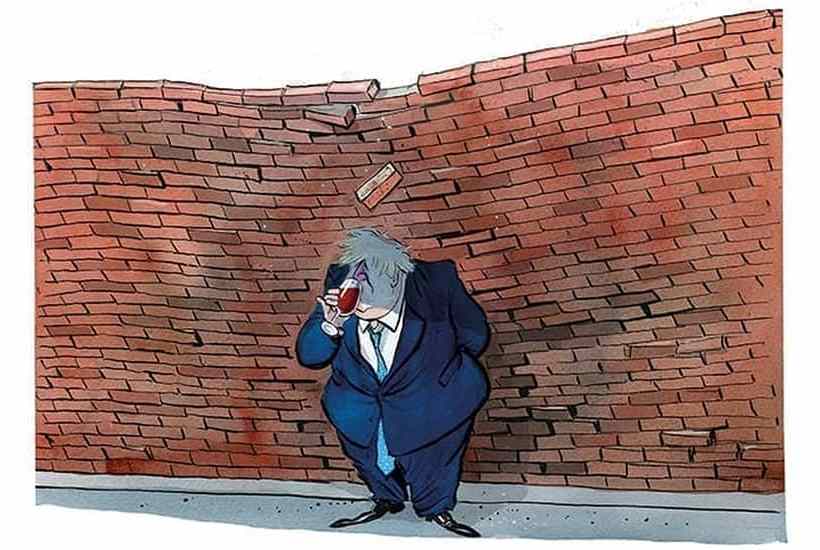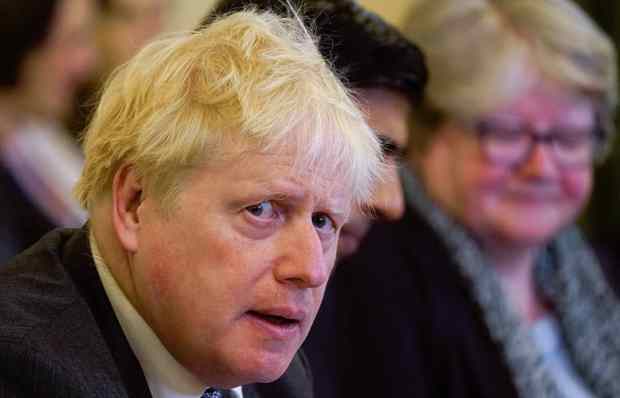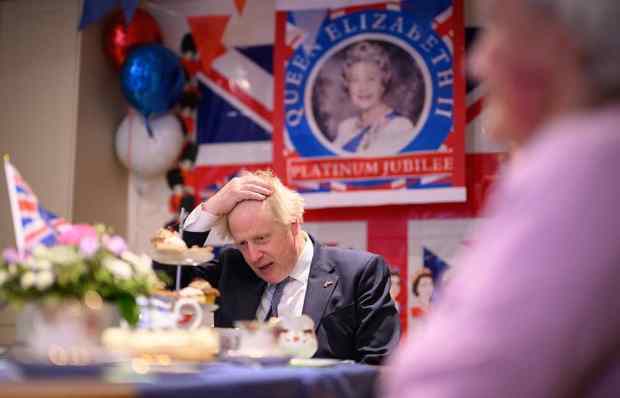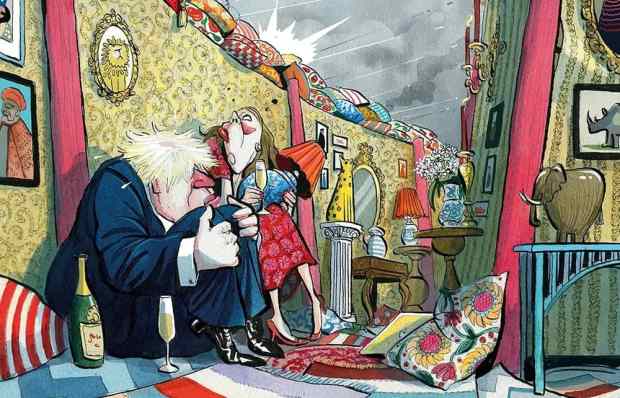‘I can’t put into words how awful this is’ remarks one Tory MP. The party is split not on the kind of policy issue that people can debate but on the question of one man: the Prime Minister. Neither side is finding this struggle rewarding. The Johnson loyalists feel that they spend all day trying to bail water out of the boat, only to be hit by another wave as yet another story breaks.
Already a subscriber? Log in
Subscribe for just $2 a week
Try a month of The Spectator Australia absolutely free and without commitment. Not only that but – if you choose to continue – you’ll pay just $2 a week for your first year.
- Unlimited access to spectator.com.au and app
- The weekly edition on the Spectator Australia app
- Spectator podcasts and newsletters
- Full access to spectator.co.uk
Or
Unlock this article
You might disagree with half of it, but you’ll enjoy reading all of it. Try your first month for free, then just $2 a week for the remainder of your first year.















Comments
Don't miss out
Join the conversation with other Spectator Australia readers. Subscribe to leave a comment.
SUBSCRIBEAlready a subscriber? Log in